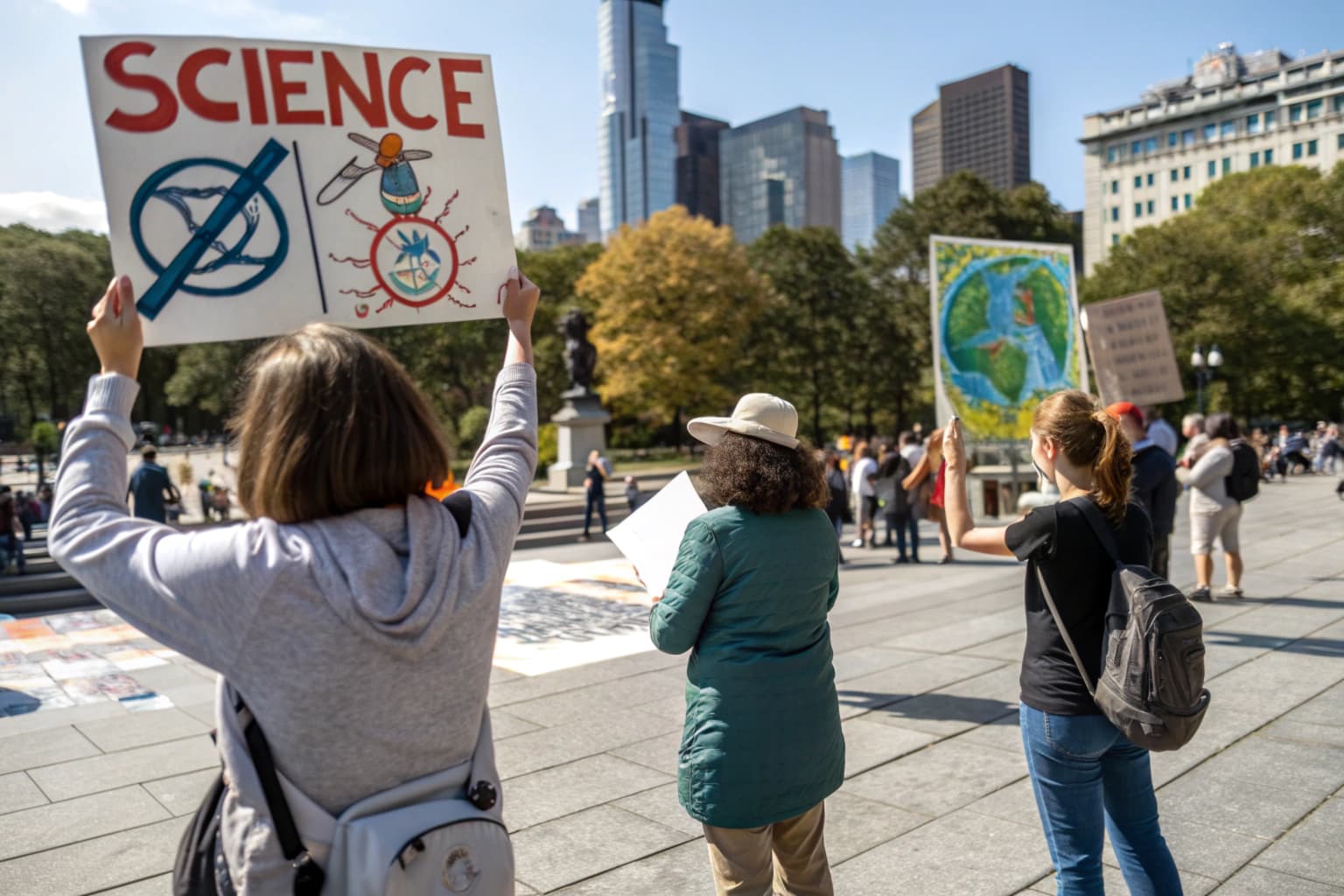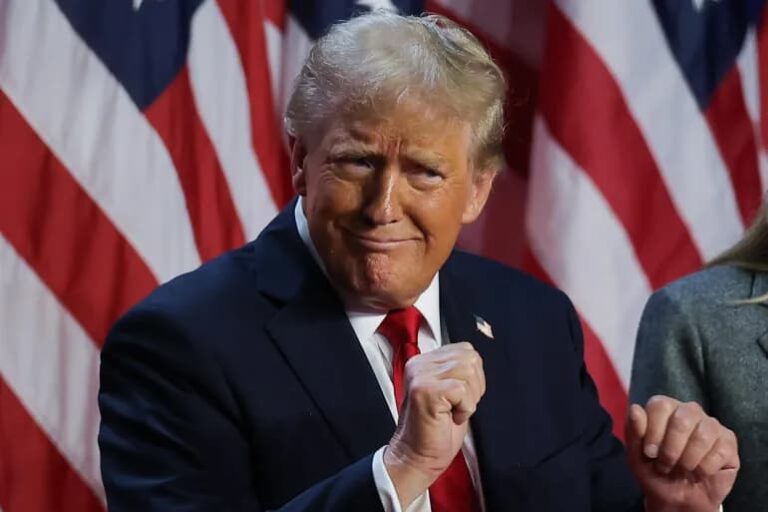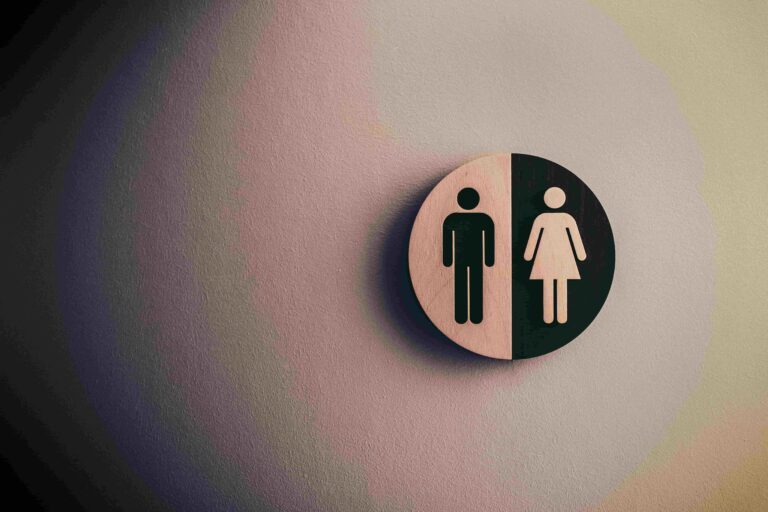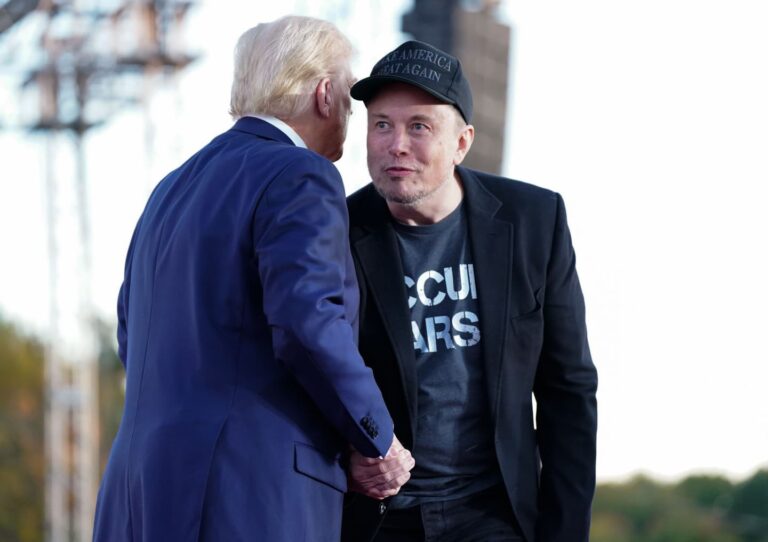Trust in Scientists Sees Slight Uptick in the US: Experts Weigh in on How to Sustain and Strengthen Public Faith
In a welcome reversal of trend, trust in scientists among the American public has edged upward for the first time since the COVID-19 pandemic began, according to a recent survey by the Pew Research Center. Conducted just two weeks prior to the US presidential election, the poll reveals a modest yet significant shift in public perception. Here’s a deep dive into the findings, expert insights, and actionable advice on how the scientific community can nurture and enhance this hard-won trust.
The Pew Research Center’s Key Findings:
- A Modest Rise in Trust: The percentage of respondents believing scientists act in the public’s best interest has increased from 73% last year to 76% now.
- Recovery from a Pandemic-Era Low: Although still below the 87% peak in April 2020, this uptick marks a departure from the decline in trust observed during the pandemic.
- Partisan Divide:
- Democrats: Almost 90% trust scientists to act in the public’s best interest.
- Republicans: 66% express trust, a 5-percentage-point increase from last year.
- Scientists in Policy Debates: The public is divided, with 51% supporting an active role for scientists and 48% advocating for their neutrality.
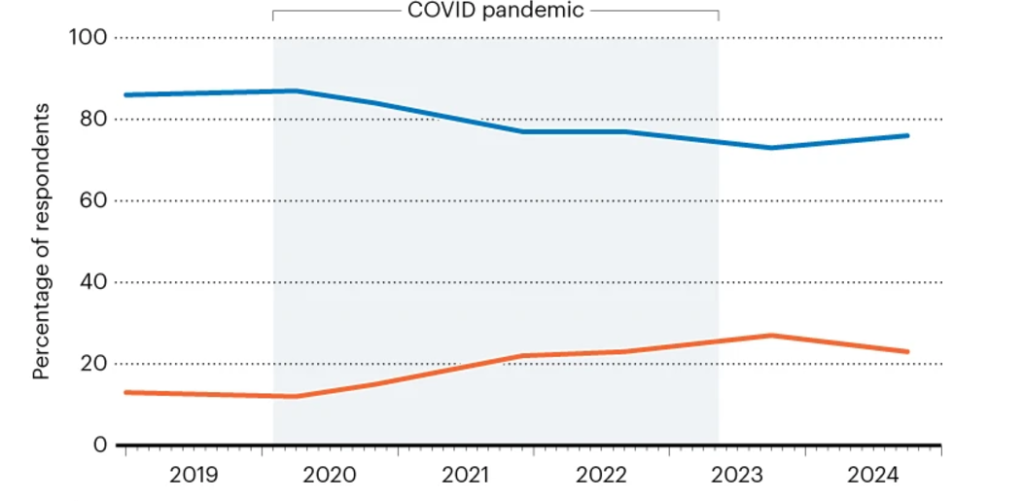
Source : Pew Research Center
Expert Analysis and Advice for the Scientific Community
- “People want to trust the science but are not always sure they can trust the scientists” to set aside personal biases, notes Arthur Lupia, Survey Researcher at the University of Michigan. Actionable Insight: Effective communication is key to bridging this trust gap.
- Communication Conundrum:
- Only 45% of respondents perceive scientists as good communicators.
- 47% believe scientists feel superior to others.
- Solutions from the Experts:
- Naomi Oreskes, Science Historian at Harvard University, suggests incorporating more public-focused writing and speaking into scientific degree programs.
- Niels Mede, Science-Communication Researcher at the University of Zurich, recommends scientists engage in community outreach, such as attending school science fairs and participating in local projects.
- Alec Tyson, Lead Author of the Pew report, underscores the importance of acknowledging and learning from the pandemic’s communication shortcomings.
Capitalizing on the Opportunity
- Reflect and Revise: Government agencies and scientists are encouraged to conduct an honest review of their pandemic-era communication strategies, aiming for improvement.
- Face-to-Face Engagement: Personal interactions can significantly enhance public trust and understanding of scientific work.
- Curriculum Evolution: Integrating public communication skills into scientific education can foster a new generation of scientists better equipped to connect with the broader public.
